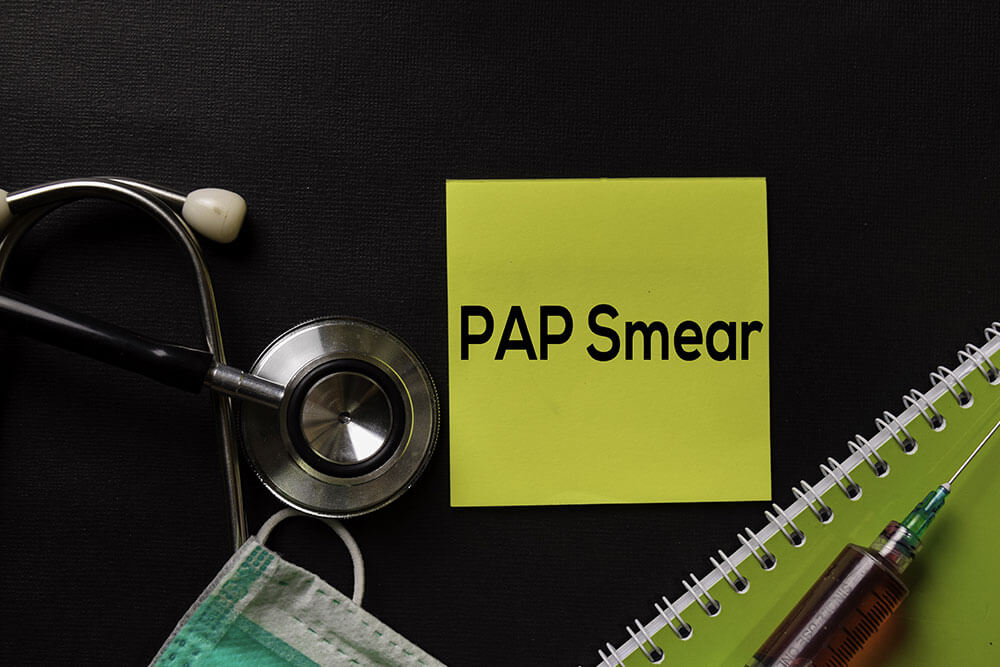
When it comes to women’s health, medical guidelines can be confusing. For women over the age of 30, the guidelines for pap smears and testing for HPV have changed. The pap smear is a test that looks for changes in the cells of the cervix that may indicate the presence of cervical cancer or other abnormal cells or infections. HPV testing checks for the presence of over 100 different types of a viral infection called human papillomavirus.
If you’re over 30, it’s important to know what the current guidelines are for HPV testing and pap smears. New guidelines state that women over 30 can have a pap smear every three years, and an HPV test every five. The reason for the change is that if you test for both and results are negative, your risk of cervical cancers over the next five years is almost at zero percent.
Exceptions
While these are meant to be general guidelines, there are a few exceptions for some women over the age of 30. These exceptions apply to you if you are immunocompromised or if you have a personal history of abnormal pap smear results. It also applies to women with a history of either HPV or cervical cancer, and those with a history of exposure to DES, which is a drug that used to be given to pregnant women.
For anyone who doesn’t fall within the specific guidelines, you should continue to get tested at least every three to five years. Your OBGYN will give you a schedule to follow so you can be tested at the appropriate times. Women between the ages of 21 and 30 should get a pap smear every three years. And, if you’re over 30 and prefer an annual pap smear or HPV test, let your doctor know.
Testing Information
All women should be aware that sometimes the test may catch positive HPV in women who have had normal pap smears in the past. If this happens, don’t panic since HPV is quite common in most women. In fact, almost 60 percent of women who are sexually active will get HPV at some point in their lives. This does not mean you are going to get cancer, but it does mean you should be screened more frequently.
As far as other tests, you should have a pelvic and breast exam scheduled every year, even if you’re not getting a pap smear. These exams are extremely important because they can identify fibroids, ovarian cysts and masses, pelvic pain, abnormal bleeding, and other important things to look for.
Eagle’s Landing OB/GYN in Stockbridge, GA wants you and your family to thrive. For any questions or concerns regarding pregnancy, parenting or related issues, don’t hesitate to give us a call at 770-474-1919.
